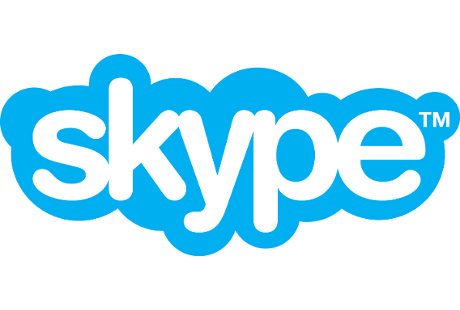Microsoft has confirmed reports that it intends to acquire online voice over IP service provider Skype for $8.5 billion.
“Skype is a phenomenal service that is loved by millions of people around the world,” said Microsoft CEO Steve Ballmer in a statement. “Together we will create the future of real-time communications so people can easily stay connected to family, friends, clients and colleagues anywhere in the world.”
Skype, which was acquired by auction site eBay in 2005 for $2.6 billion but sold off in 2009, has been weighing its options since last year. At one point it was said to be considering an IPO, but was later linked to potential acquirers including networking equipment provider Cisco and, most recently, social networking giant Facebook.
Microsoft already owns a number of voice and video-over IP technologies. Its consumer messaging service Windows Live Messenger allows video and voice calls, as does its business-focused unified communications service Lync.
This has prompted some speculation that buying Skype is less about owning the technology as preventing a competitor from getting their hands on it. However, the $8.5 billion deal is Microsoft’s largest ever acquisition. That is a high price to pay for a purely tactical deal, especially given that Skype is a loss making company.
When eBay acquired Skype in 2005, it had hoped that video and a voice calls would improve interaction between buyers and bidders. In 2009, however, eBay conceded that "Skype is a strong standalone business, but it does not have synergies with our e-commerce and online payments businesses".
One interesting wrinkle to the story is that Skype is a vociferous campaigner for network neutrality. It has accused some telecommunications carriers in the UK of deliberately blocking or degrading the service, which competes with their voice businesses.
It will be interesting to see whether Microsoft continues to champion this cause or, with the future of computing increasingly dependent on mobile network carriers, whether it reins in Skype’s protests.










